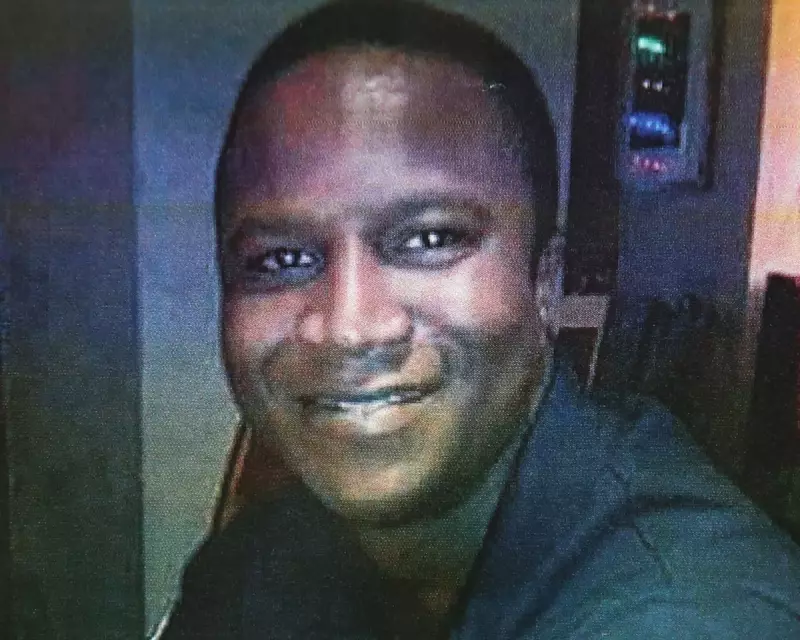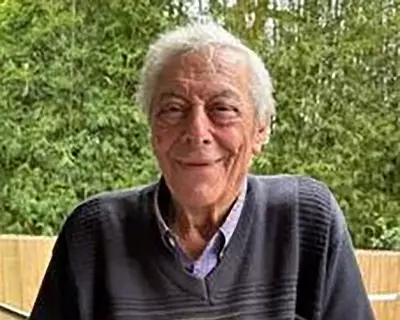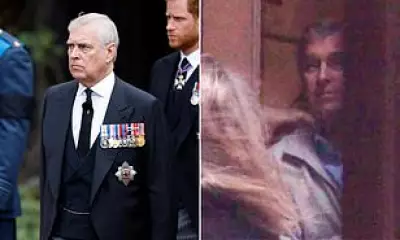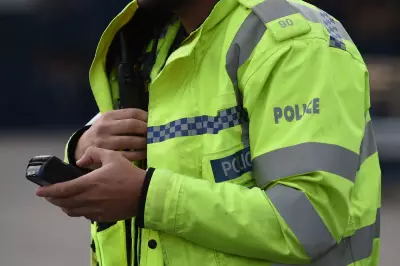
The family of Sheku Bayoh, who died after being restrained by police in 2015, has delivered a powerful condemnation of the Scottish Police Federation, labelling their approach to the ongoing public inquiry as "shameful" and accusing them of trying to sabotage the process.
A Decade-Long Quest for Answers
Nearly ten years after the tragic incident in Kirkcaldy, the Bayoh family continues its relentless pursuit of truth. The public inquiry, established to examine the circumstances surrounding Sheku's death and whether race was a factor, has become a focal point for concerns about police accountability in Scotland.
'An Attempt to Derail Justice'
In a strongly-worded statement, the family's legal representatives accused the Scottish Police Federation of employing tactics designed to "undermine and belittle" the inquiry's work. They highlighted the Federation's recent decision to seek a judicial review of the inquiry's remit as evidence of an organisation resistant to scrutiny.
"Instead of engaging constructively," the family stated, "the Federation chooses to challenge the very foundation of this investigation. This feels like a deliberate attempt to derail the pursuit of justice for our brother and son."
The Core of the Controversy
The tension escalated following the Federation's submission to the inquiry, which the family claims:
- Attempts to narrow the scope of investigation
- Challenges the inquiry's consideration of racial factors
- Seeks to limit examination of police training and procedures
- Undermines the family's participation in the process
A spokesperson for the Bayoh family emphasised: "This isn't just about our family anymore. This is about ensuring proper accountability and preventing similar tragedies. The Federation's stance threatens this crucial objective."
National Implications for Policing
The unfolding drama at the inquiry carries significant implications for police-community relations across Scotland. Legal experts suggest the Federation's approach could set important precedents for how future deaths in custody are investigated.
Community leaders and justice campaigners have rallied behind the Bayoh family, expressing concern that the Federation's actions risk eroding public trust in Scottish policing at a time when transparency is paramount.
As the inquiry continues its vital work, all eyes remain on how this fundamental clash between a grieving family and police representatives will shape the future of accountability in Scotland's justice system.





